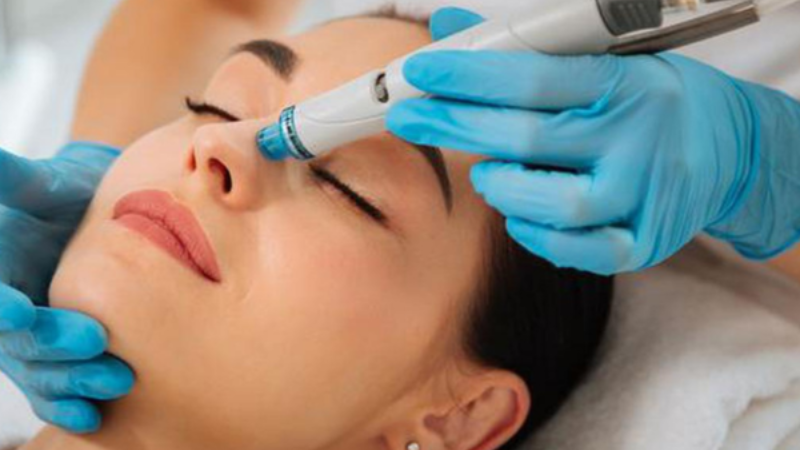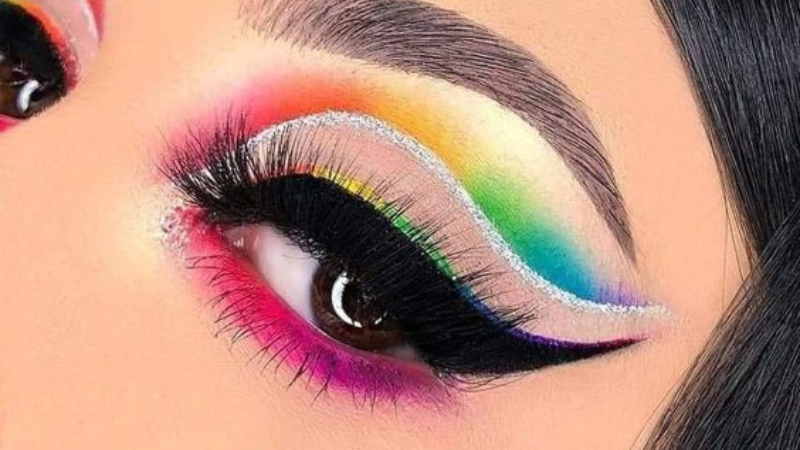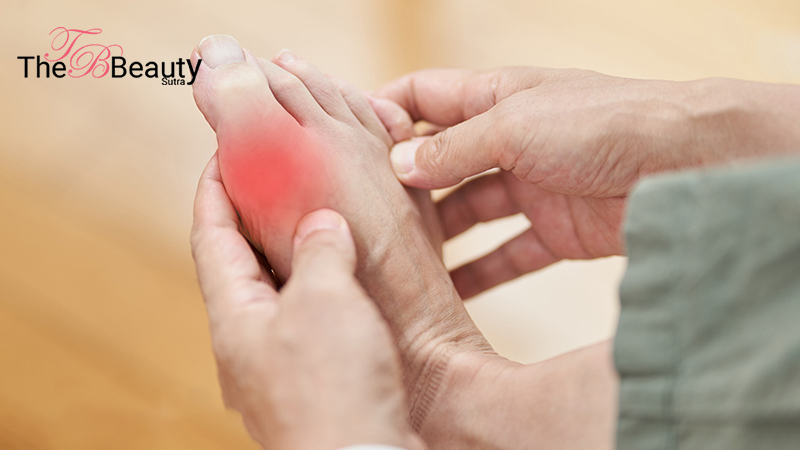In today’s fast-paced world, stress has become an almost constant companion for many of us. How to manage stress effectively is not just about finding temporary relief but about implementing sustainable strategies that promote long-term health and happiness. Whether it’s due to work pressures, personal challenges, or the relentless pace of modern life, the impact of stress on our mental and physical well-being is undeniable. In this article, we will explore practical tips and techniques to help you manage stress and reclaim a sense of balance and tranquility in your life.
From breakouts to premature aging, stress can wreak havoc on your complexion. Fortunately, understanding the connection between stress and skin health can help you manage both more effectively. Here’s how stress affects your skin and practical tips to manage it for better skin health.
Table of Contents
The Stress-Skin Connection

When you’re stressed, your body releases hormones like cortisol, which can trigger a range of skin issues. Here are some ways stress manifests on your skin:
Acne and Breakouts: Cortisol increases oil production in your skin glands, leading to clogged pores and acne.
Dryness and Irritation: Stress can disrupt the skin’s barrier function, causing dryness and sensitivity.
Premature Aging: Chronic stress can lead to the breakdown of collagen and elastin, essential proteins that keep your skin firm and elastic, resulting in wrinkles and fine lines.
Psoriasis and Eczema Flare-Ups: Stress can exacerbate conditions like psoriasis and eczema, making them harder to manage.
Dullness and Uneven Skin Tone: Stress can reduce blood flow to the skin, depriving it of oxygen and nutrients, leading to a dull complexion.
How to Manage Stress for Better Skin Health

1. Practice Mindfulness and Relaxation Techniques to Manage Stress:
Meditation: Spend a few minutes each day meditating to calm your mind. Apps like Headspace and Calm can guide you through meditation exercises.
Deep Breathing: Practice deep breathing exercises to reduce stress instantly. Try inhaling deeply for a count of four, holding for four, and exhaling for four.
2. Regular Exercise:
Physical activity reduces cortisol levels and promotes endorphin production, which improves mood and skin health. Aim for at least 30 minutes of moderate exercise most days of the week.
3. Healthy Diet:
A balanced diet rich in antioxidants, vitamins, and minerals can help your skin combat stress. Include plenty of fruits, vegetables, whole grains, lean proteins, and healthy fats in your meals.
Avoid excessive caffeine and sugar, which can spike cortisol levels.
4. Adequate Sleep:
Aim for 7-9 hours of quality sleep per night. Sleep helps regulate stress hormones and allows your skin to repair and regenerate.
5. Skincare Routine:
Maintain a consistent skincare routine that suits your skin type. Include products with calming ingredients like aloe vera, chamomile, and green tea.
Don’t forget to cleanse your face thoroughly to remove stress-induced excess oil and dirt.
6. Stay Hydrated:
Drink plenty of water throughout the day to keep your skin hydrated and flush out toxins.
7. Social Support:
Connect with friends and family. Talking about your stressors can help alleviate them and improve your overall well-being.
8. Professional Help:
If stress becomes overwhelming, consider seeking help from a therapist or counselor. Cognitive-behavioral therapy (CBT) can be particularly effective in managing stress.
Conclusion
While stress is an unavoidable part of life, its impact on your skin doesn’t have to be. By incorporating these stress management techniques into your daily routine, you can improve your skin health and overall well-being. Remember, taking care of your mental health is just as important as your physical health, and your skin will thank you for it.







